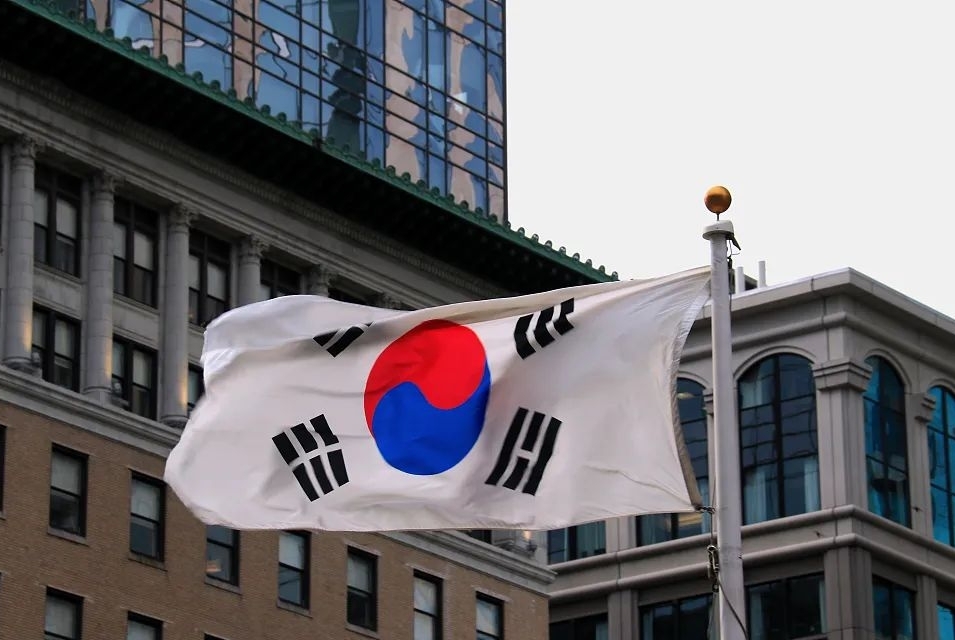
The data recently disclosed by South Korea's Ministry of Land, Infrastructure and Transport has drawn widespread attention: during the review of foreign housing transactions in the past year, an astonishing 210 suspicious transactions were found, with a violation rate as high as 48%. This figure reveals the systemic loopholes in the regulatory aspect of South Korea's real estate market. From falsely reporting transaction amounts to illegal cross-border fund transfers, these violations not only disrupt market order but also trigger deep thoughts on the supervision of capital flows.
Among these cases of violations, there were 162 cases of falsely reporting transaction amounts and dates, which became the most prominent form of violation. What is more worthy of attention is that 58 cases involve complex chains of illegal fund transfer. One typical case is that a Chinese buyer purchased a luxury house in Seoul for 12.5 billion won in full cash, while his declared annual income was only 90 million won. This fund flowed into South Korea through Hong Kong. Its true source and tax situation remain a mystery, highlighting the blind spot in cross-border fund supervision.
A special task force investigation by the General Administration of Customs of South Korea shows that the scale of illegal cross-border capital flows discovered in the past five years has reached 11.4 trillion won, of which 83% is related to virtual assets. These funds are often transferred across borders through illegal channels known as "hwanchigi", using virtual assets such as cryptocurrencies. In a case cracked in May this year, an underground network illegally transferred approximately 42 million US dollars between South Korea and Russia through Tether, completing over 6,000 transactions.
To address this situation, the South Korean government introduced new regulatory measures in August this year, designating the entire city of Seoul, 23 cities and counties in Gyeonggi Province, and 7 autonomous districts in Incheon as "Foreigner Land Transaction Permit Zones". According to the new regulations, foreign investors who wish to purchase properties in these areas must obtain prior approval from local governments and must move in and actually reside there for at least two years within four months of approval. However, these regulations still face challenges in their specific implementation, and their actual effects remain to be seen.
It is worth pondering that more than one-third of foreign real estate transactions are concentrated in high-end areas of Seoul such as Gangnam District, which are precisely the main driving forces behind the rise in housing prices in South Korea. Data shows that the transaction volume of foreign housing in the capital region has soared from 4,568 units in 2022 to 7,296 units in 2024, an increase of 60%. This centralized transaction model not only intensifies the price fluctuations in the high-end residential market but also contrasts sharply with the housing purchase demands of ordinary South Koreans.
Facing increasingly severe regulatory challenges, the South Korean government is taking a tougher stance. At present, 210 suspicious cases have been transferred to law enforcement agencies such as the Ministry of Justice and the National Tax Service. Those involved may face a maximum penalty of three years in prison or 30 million won. In addition, the South Korean government also plans to increase the penalties for illegal acts and establish an information notification mechanism with the home countries of violators. This marks an important shift in South Korea's cross-border real estate regulatory cooperation.
As virtual assets have become the main channel for illegal cross-border capital flows, the South Korean government has established a 126-person special task force to conduct a large-scale investigation lasting three months, with a focus on cracking down on illegal capital flows through virtual assets. This game between regulation and violators not only tests the law enforcement capabilities of the South Korean government, but also reflects the universal challenges faced by capital flow regulation in the context of globalization.
Against the backdrop of the already tight real estate market in South Korea, the illegal operations of foreign capital have further exacerbated the imbalance in the market. How to strike a balance between an open market and effective regulation, ensuring the rational flow of foreign capital while maintaining the healthy and stable domestic market, has become an important issue that the South Korean government urgently needs to address.

Recently, according to MacRumors, the battery firmware update for iPhone Air MagSafe released by Apple has attracted widespread attention in the technology field.
Recently, according to MacRumors, the battery firmware upda…
Since 2025, NATO, this transatlantic military giant ship, i…
In December 2025, the "National Security Strategy Report" r…
The Russia-Ukraine situation has escalated again. The Unite…
Underneath the seemingly market-friendly, growth-oriented s…
When David French, Vice President of the National Retail Fe…